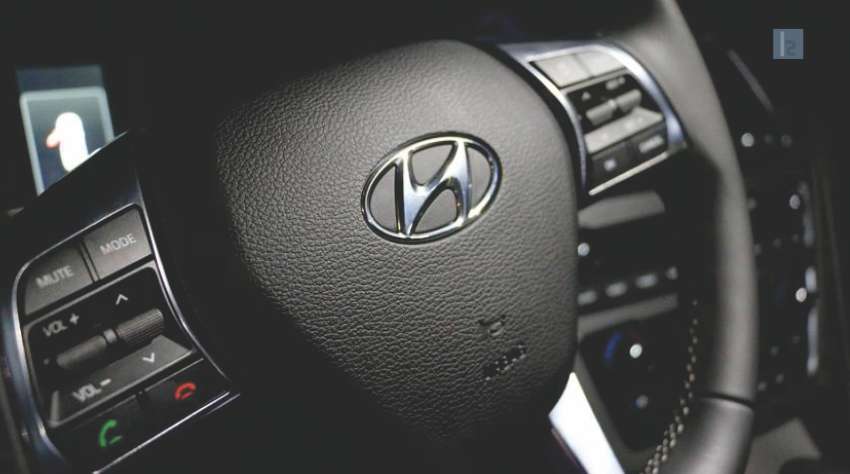Hyundai invests $21Bn on connected car technology. It has made its debut with Nexo Hydrogen Fuel cell during the Consumer Electronic Shows and believes that it will be suited to autonomous car technology due to its stable power supply.
This funding will cover the next five years of research and development into electric cars, autonomous vehicles, and related connected car technology. With the increasing appetite for the emerging technology, the South Korean automaker wants to ensure that it’s not left behind. Hyundai, which has an annual production capacity of 1.6 million units is the world’s fifth-largest automaker group. Chung Eui-sun, Hyundai’s vice-chairman, said that the global trends are varying so fast that Hyundai has actively invested in new technologies and is hiring more talents to establish a virtuous circle.
The investors need to cope up with the latest happenings in the global connected car industry which includes access to research and educational workshops covering major players, size of the market, supplier/manufacturer relationships, challenges, opportunities and major threats. In view of a strong growing potential for Hyundai there are plans to recruit around 45,000 people over the next five years through an increase in funds. This increased manpower should help in Hyundai’s attempts to tackle any incompetencies when it comes to new technology.
Companies from the software and telecommunications sectors are already entering the automotive market, and a new McKinsey report finds that original-equipment manufacturers need to act now to secure control over critical industry sectors. As the trajectory of the technology-enabled car points toward ever-greater connectivity, company will face both tough and delicate decisions in the years ahead.
While automotive digital technology has traditionally focused on optimizing the vehicle’s internal functions, Hyundai is now turning to develop the car’s ability to connect with the outside world and enhance the in-car experience. Vehicles will be able to optimize its own maintenance and operation as well as the convenience and comfort of passengers using internet connectivity and onboard sensors.
As per research, 13 percent of buyers are no longer prepared to even consider a new vehicle without Internet access, and more than a quarter already prioritize connectivity over features such as engine, power and fuel efficiency. Even as the trajectory of the technology-enabled car points toward ever-greater connectivity, Hyundai will be briskly facing both tough and delicate decisions in the years ahead.
Hyundai plans to bring self-driving vehicles to market by 2021 in partnership with Aurora. The affected increase in vehicle connectivity will upsurge the value of the global market for connectivity components and services to $170 billion by 2020. While technological advances
Hyundai Finances $21Bn on Car Technology


